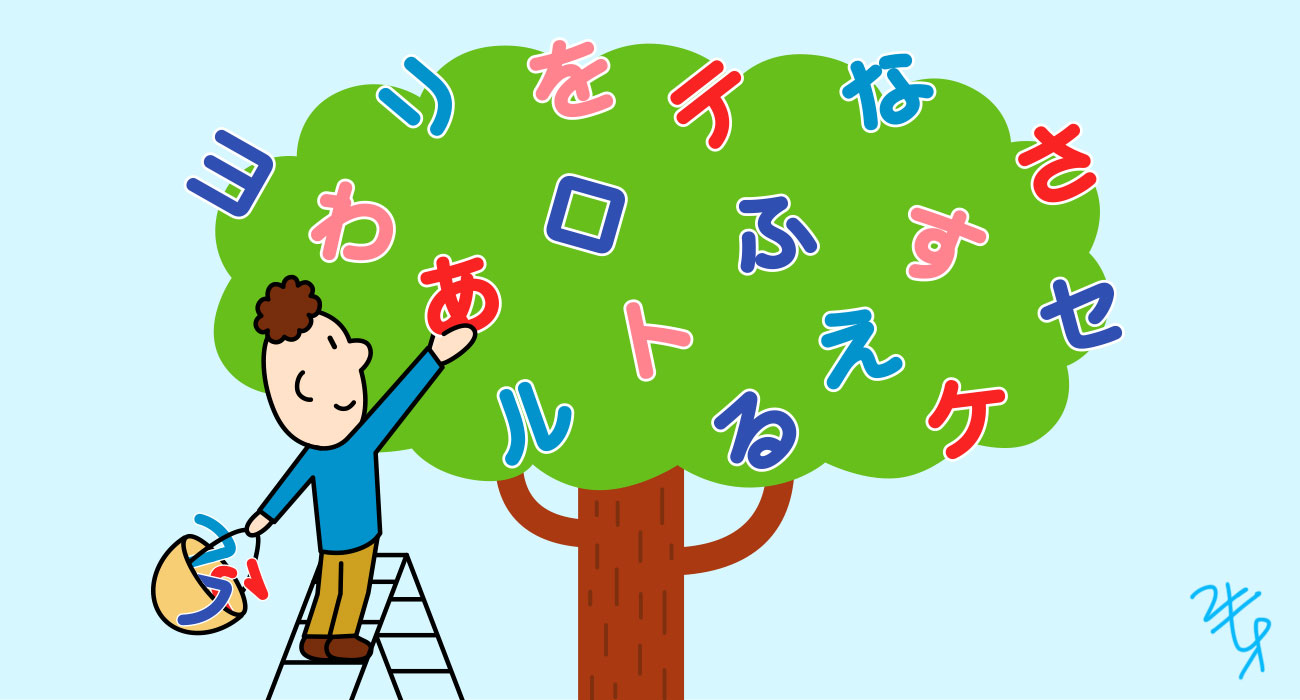i-adjective course
Sample textbook (pdf)Total Training Hours:5 lessons
“i-adjectives” expresses the nature and state of things, feelings and impressions of yours. Once you learn to use them, you can broaden your conversations.

12 menus for building Japanese neural circuits and learning to use them in conversation! Grasp the key feature and frameworks of Japanese and learn beginning-level Japanese efficiently by category.
Aim to be able to talk about your favorite topics freely using beginning-level sentence patterns.
Total Training Hours:5 lessons
Target students
★Those with learning experience:
Review and reinforce what they have already learned by category to gain skills to use them in actual communications.
★Those who are going to start learning Japanese:
Understand the key feature of Japanese adjectives, verb tenses, verb forms etc. and learn useful Japanese expressions and sentence patterns in short time.
Course features
Course details
1 course: 5 lessons
★You can choose and take as many courses as you want to take in order of your preference.
★Why don’t you review sentence patterns you are not confident in to use them in conversations!?
Total Training Hours:5 lessons
“i-adjectives” expresses the nature and state of things, feelings and impressions of yours. Once you learn to use them, you can broaden your conversations.
Total Training Hours:5 lessons
“nouns” and ”na-adjectives” have same conjugation style. Why not learn to use them together? You can start simple conversations with one word.
Total Training Hours:5 lessons
Basically, “polite style“. You can acquire a polite speaking style.
Its conjugation is fairly simple and can derive a wide variety of expressions.
Total Training Hours:5 lessons
“te-form” conjugation is said to be quite challenging. Don’t worry.
We will show you how to memorize its conjugation with less burden. “te-form” is very versatile. It not just describes present progressive and helps describe request, combine two verbs together, and so on, which can broaden your conversations
Total Training Hours:5 lessons
Actually, “ta-form” not only describes past action or state, but is used to describe experience, advice, one’s custom, etc.
Total Training Hours:5 lessons
“nai-form” can be used to describe variety of expressions such as advice, permissions, presumption, and so on.
Total Training Hours:5 lessons
Using “dictionary-form”, ou can give your idea, describe possibility, ability, permission, your likes and dislikes, and so on.
Total Training Hours:5 lessons
“potential-form” is used to express possibility and ability to do something.
In this course, you can learn its exceptional conjugation in an organized way.
Total Training Hours:5 lessons
“conditional-form: ‘to’, ‘ba’, ‘tara’, ‘nara’. When and which one would you use?
We’ve given titles to the usages:
“Future trip”, “unexpected situation”, “tell your dream”, “surprise ‘tara’”
Total Training Hours:5 lessons
Japanese “passive-form” is “heart expression.” You can describe how you feel using passive-form.
Total Training Hours:5 lessons
Actually, “honorific” is not merely ritualistic expression but can be used to make your situation better!
We will show you essential honorific and humble expressions you need to learn.
Total Training Hours:5 lessons
Japanese “causative form” is used not only in context of making somebody to do something but to make a suggestion and express your intention politely and modestly. It is used in business communication very often.
All courses provided face-to-face can be arranged into online lessons.